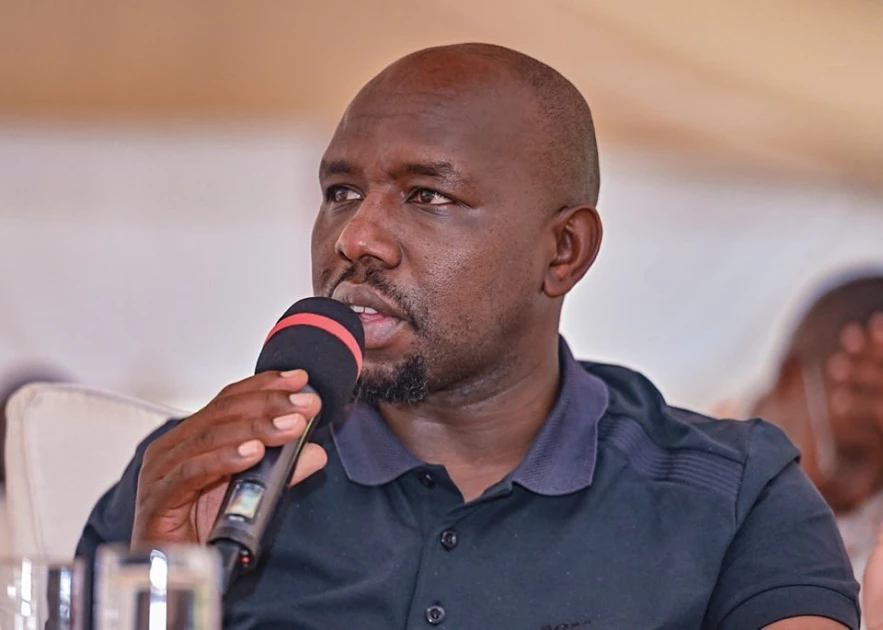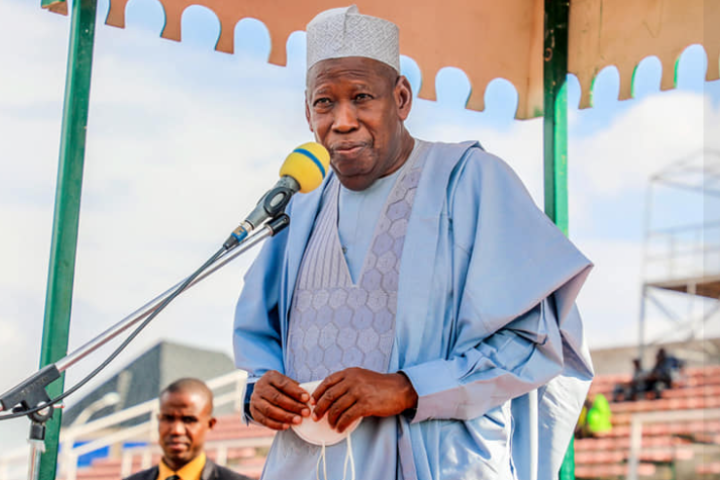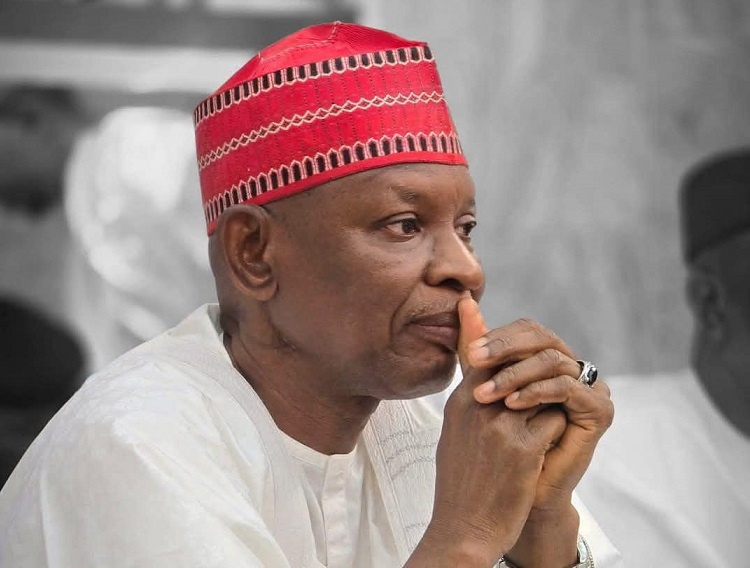Kano Directs Release of Funds for Emir's Cars

The Kano State government has directed each of the 44 local government areas (LGAs) to contribute N15.2 million, totaling N670 million, for the refurbishment and purchase of new vehicles for Emir Muhammadu Sanusi II. This directive, revealed through a leaked memo, has sparked widespread criticism across the state.
Commissioner for Information, Ibrahim Waiya, defended the directive as a routine administrative exercise with precedent. The memo, dated March 25, instructed the LGAs to provide funds for the Kano Emirate Council, to be deducted directly from the State/Local Government Joint Account and paid to Sottom Synergy Resources Ltd, the contracted company.
The N670 million allocation includes the restoration of a 1969 Rolls Royce and a 1993 Cadillac Fleetwood Limousine, each at N25 million. Additionally, it covers the purchase of four new vehicles: a Toyota Land Cruiser VXR (2024 model) for N268 million, a Toyota Prado (2024) for N156 million, a Toyota Hilux (2024) for N98 million, and a Toyota Hiace Bus (2024) also for N98 million.
Public outrage has erupted over the government’s priorities, with concerns raised about deteriorating infrastructure and social services at the local government level. Critics question the justification for such expenditure when local governments face issues like dilapidated hospitals, schools, and inadequate water supply.
In response, Commissioner Waiya argued that this practice is not new, citing similar actions during the Shekarau and Ganduje administrations. He stated that the emirate operates under the government's support, funded through local government resources. Waiya added that the vehicles are for administrative functions and not for personal use, belonging to the Emirate Council and, by extension, the state government. He also mentioned a policy allocating 3% of local government revenue for traditional institutions.
The situation has been compared to a similar controversy in Kebbi State, where luxury vehicles were gifted to emirs amid economic hardship. Dr. Aminu Hayatu, a political science lecturer, argued that the directive might breach the rule of law, undermining constitutional provisions and eroding democratic governance. He suggested that local governments should have voluntarily approved such contributions through proper channels.
Salihu Tanko Yakasai, a media aide to ex-Governor Ganduje, criticized the government’s decision as insensitive, especially during a water crisis. He questioned why the funding came from local governments and suggested that the Emir should have requested the money be redirected to providing essential amenities for the people.
Professor Kamilu Sani Fage, a political analyst, deemed the move ill-timed and detrimental to efforts promoting local government autonomy. He emphasized the need for the government to focus on initiatives that directly impact citizens during economic hardship, especially after the Supreme Court reaffirmed local government autonomy.









